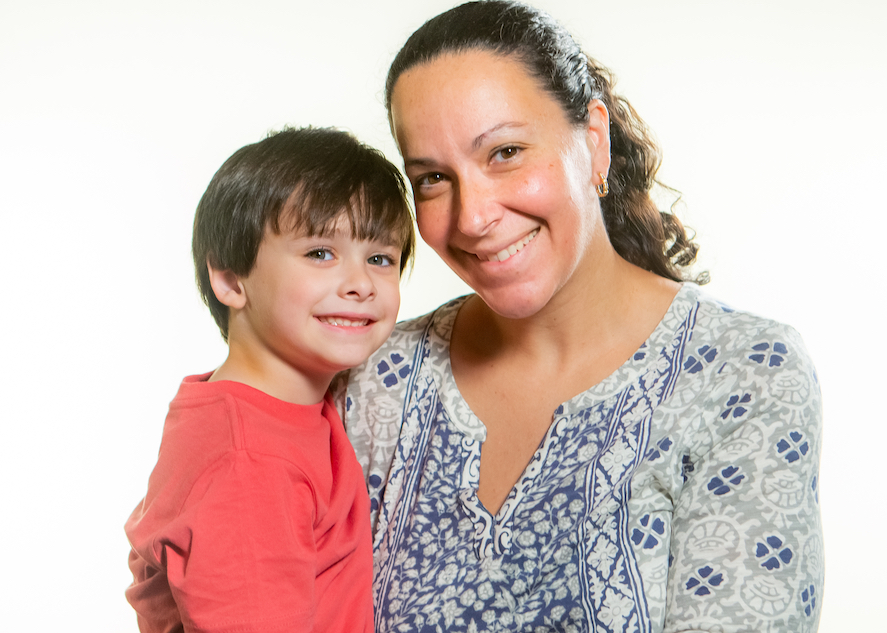
PPMD has long supported efforts to reduce the age of diagnosis, eliminate the diagnostic odyssey, and make diagnosis equitable in Duchenne.
Most recently, we reached an incredible milestone with the submission of a nomination package to add Duchenne to the Recommended Uniform Screening Panel (RUSP), requesting Duchenne be a condition recommended for nationwide newborn screening.
In addition, PPMD also recently conducted two studies to better understand family and health care provider views about diagnosis of Duchenne and potential benefits of newborn screening.
The results of both of these important studies have now been published, and summaries are included below.
Publication Summaries
Duchenne Expert Physician Perspectives on Duchenne Newborn Screening and Early Duchenne Care
In the first study, published in the American Journal of Medical Genetics Part C: Seminars in Medical Genetics, all physician Duchenne care coordinators in PPMD’s Certified Duchenne Care Center network were invited to participate in an anonymous survey about their thoughts on the benefits and readiness for newborn screening for Duchenne. They were also asked about what they would recommend at infant visits and when they would recommend starting corticosteroids and exon skipping therapies.
Key Findings:
- Twenty-seven physicians responded, and the vast majority indicated that they think there is benefit to newborn screening for Duchenne and that the Duchenne care community is ready for newborn screening for Duchenne.
- The majority of physicians recommended multiple interventions at the infant visits, including genetic counseling, carrier testing for mothers, referral to early intervention services, screening siblings, discussion of clinical trials, exon skipping therapies, and assessment of social and language development.
- The majority of physicians also indicated that they would start exon skipping and corticosteroid therapies before the typical age of diagnosis of 4-5 years.
It was a very small study but does provide a glimpse into how expert Duchenne physicians feel about newborn screening and how they would take care of babies.
This is also important to know in families with a family history of Duchenne who have a child who may be at risk to have Duchenne. In the past, many families did not initiate care or evaluation for that person until they had symptoms. This study suggests that expert Duchenne physicians often consider evaluations for early interventions such as speech or physical therapy or initiating therapies at a young age, prior to noticing significant symptoms. If eligible, starting an exon skipping therapy at young age may also be recommended.
Diagnostic experiences of Duchenne families and their preferences for newborn screening
In the second study, also published in the American Journal of Medical Genetics Part C: Seminars in Medical Genetics, parents of children with Duchenne or Becker were asked to share their story of how their child was diagnosed and then to consider how diagnosis in the newborn period could be helpful or harmful. Sixty-five families completed the survey. The stories were analyzed for common themes, which included having concerns, seeking answers, and receiving the diagnosis.
Key Findings:
- In the seeking answers phase, families expressed feeling dismissed, having numerous evaluations, and described delays in the health system.
- One third of families indicated they would prefer to receive a diagnosis in the newborn period, and another one-third indicated they did not know when the “best” time to receive the diagnosis would be.
- The vast majority indicated that if there was a treatment that worked best in infancy, they would want a newborn diagnosis.
- All parents indicated that learning the diagnosis as a newborn would have informed at least one major choice, such as seeking support and community resources, making decisions about where to live, and considering clinical trial participation.
Eliminating the diagnostic odyssey
Together, these two studies help us begin to understand how families and expert Duchenne care providers feel about newborn screening for Duchenne. They also help inform us about what areas need additional research and how we can better support all families at diagnosis.
Thank you to the families and physicians who participated in these important studies!



 by: Parent Project Muscular Dystrophy
by: Parent Project Muscular Dystrophy

